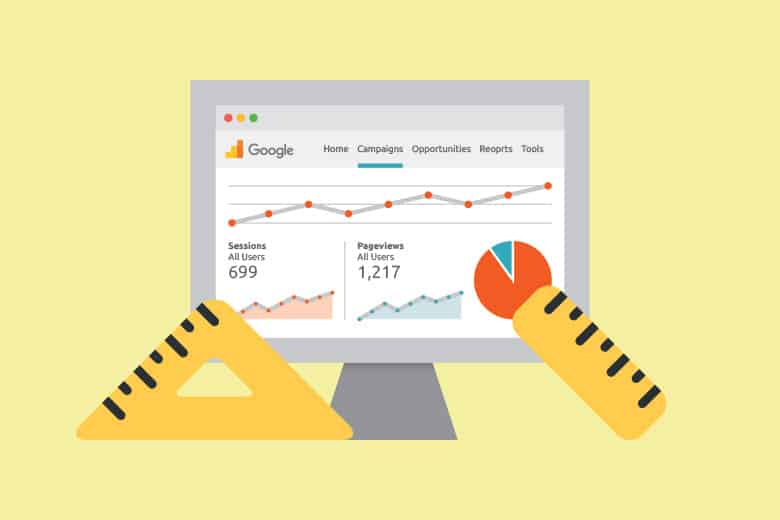
This is an interesting question and one which our customers ask regularly. We like to explain the answer by first touching on the factors that influence Google.
To maintain its competitive edge, there is absolutely no way Google is going to reveal its algorithm, nor the factors that influence the rankings we all know and trust. Thankfully, there are experts out there, and we have a pretty thorough understanding of what works and what doesn’t.
While there are hundreds of factors that Google uses to rank websites in its search results, in the interest of clarity we like to group them into two categories — the information on your website, and the information on other websites about you.
Information on your website — or onsite content — is important because it tells Google what you’re all about. If you’re the best seafood restaurant in Sydney, Google needs to be able to read that. It needs to be able to see that your business is actually in Sydney, that you serve seafood, and have a clear, easy-to-navigate website its users will want to look at.
Usually, optimising your website for Google’s searches takes up to around the first three months of your campaign. It’s an integral part of any Search Engine Optimisation (SEO) strategy and one that needs to be kept on top of. However, it doesn’t finish here.
It’s fine for you to call yourself the ‘best seafood restaurant in Sydney’, but what about what everybody else thinks? This is where offsite content comes in. Information on other websites about you has become increasingly relevant over the past decade and ensures Google continues to provide relevant, engaging search results.
As a part of your ongoing SEO strategy, it’s important to write original, keyword-rich content and distribute it around the web in a variety of relevant forms. This content needs to be distributed in a way that looks natural to Google and does not appear spam-like or forced — as if everyone’s talking about you being the best seafood restaurant in Sydney. By maintaining a strategic offsite content distribution schedule that is adaptable to Google’s ever-changing algorithm, you can continue to appear relevant in searches.
Google relies heavily on this offsite content. If you were ever to stop your SEO — and therefore stop producing offsite content — your rankings would slowly start to decline. It’s not that you’d be ‘punished’ by Google, it’s just that other, seemingly more-relevant sites, would climb the ranks, leaving yours behind. Plus, algorithms and best practice (for onsite relevancy) are always changing.
Interested in SEO? If you’d like to know more about how a tailored SEO strategy can help your business in the long-term, please contact Brisbane’s leading digital marketing agency, Bambrick Media.